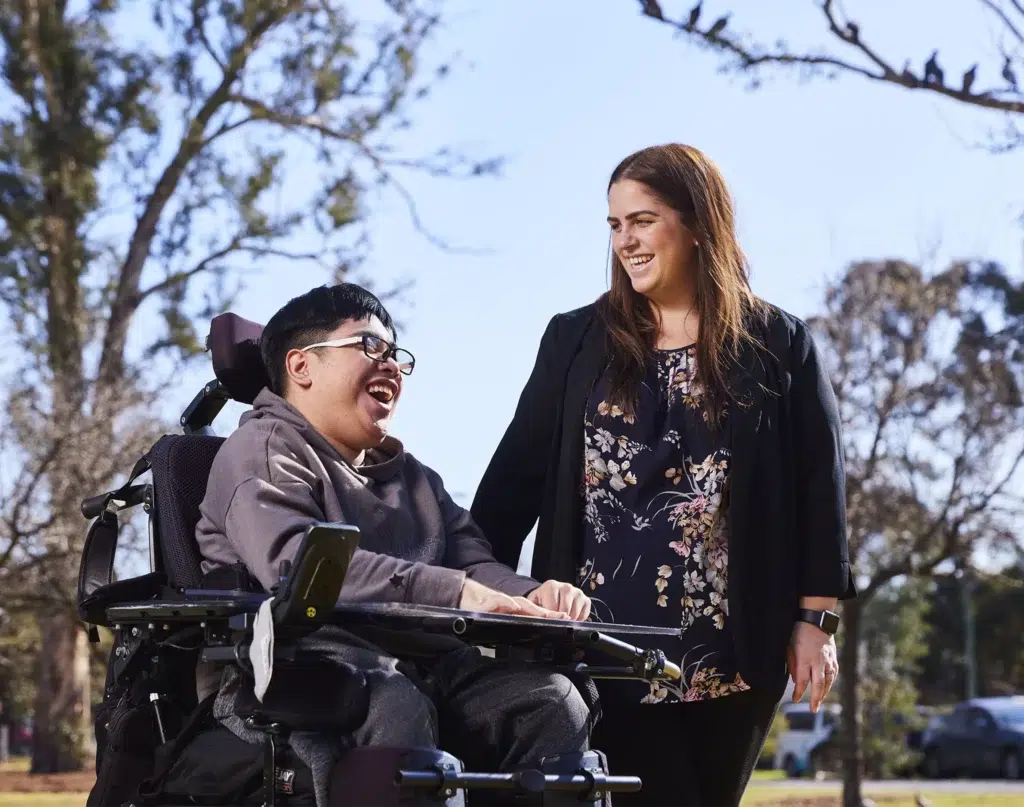- Task-specific training: Practising real-life movements to train the brain, helping with walking, siting, standing, and moving.
- Building strength: Tailored exercises strengthen muscles, improve stability and prevent strength loss.
- Enhancing balance and coordination: Specialised exercises improve balance and coordination, reducing the risk of falls and improving ability to engage in functional tasks.
- Improving arm and hand function: Strengthening and coordination exercises help movement and dexterity in affected limbs.
- Managing muscle stiffness (Spasticity): Stretching and positioning techniques help reduce tightness and improve comfort.
- Reducing pain: Physiotherapy helps alleviate joint and muscle pain caused by imbalances or improper movement.
- Preventing complications: Regular movement and therapy help reduce the risk of issues like pressure sores, contractures, and blood clots.
- Boosting confidence and wellbeing: Achieving progress through physiotherapy can enhance self-esteem and overall quality of life.

